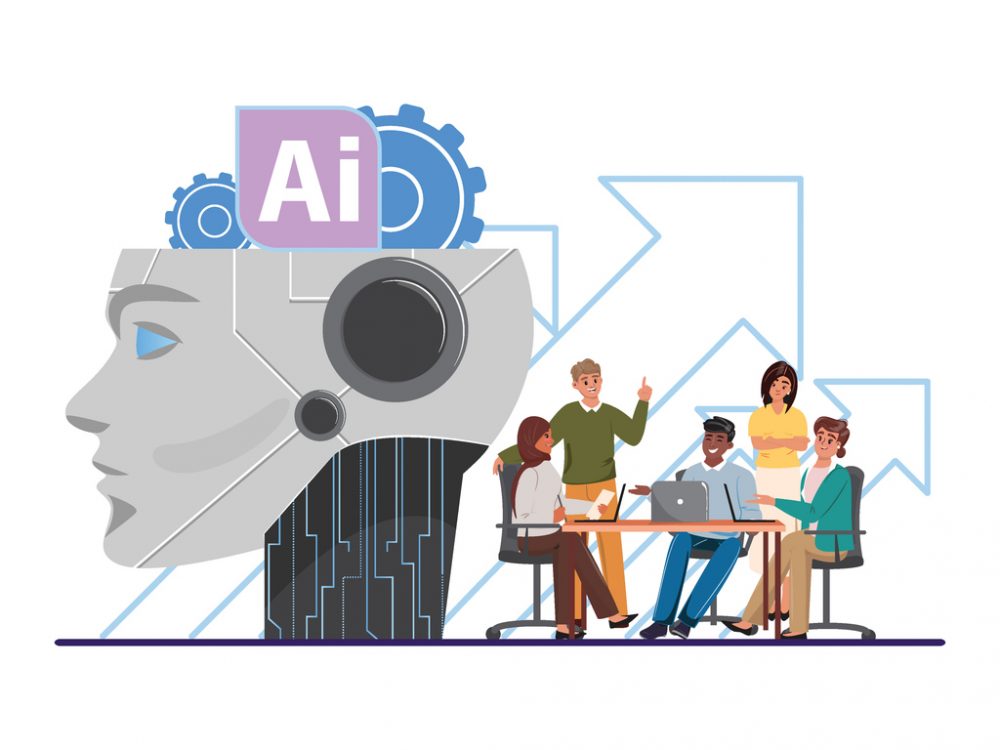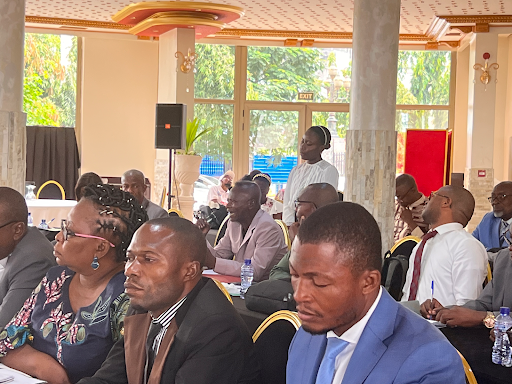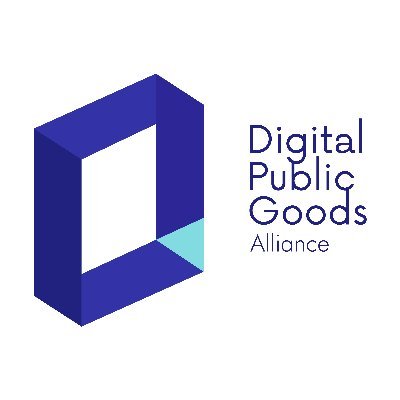Launching a Geospatial Data Revolution
In part 1, we took stock of progress made and missing pieces to flesh fully the data revolution. With that in mind, what are some of the major challenges for the development community in launching a Geospatial Data Revolution?
1) Matching data to Government needs
In all three of the areas highlighted in the first post in this series, data supply and demand examples are skewed toward donor agencies and governments. That was not unintentional. Much of the data in the international ecosystem stem from donor agency requests or requirements, and are often funded by one-off surveys or data calls. As we shift towards Sustainable Development Goals, it’s time to ensure data works for government partners, and not just for high-level statistical reporting. This means matching data collection granularity with government needs: level of decentralization, national planning objectives, medium-term expenditure frameworks, and so forth. This also means working with countries to define their own priorities within the SDGs in a consultative, context-centric approach, as our colleagues from the Gates Foundation have recently suggested.
2) Equipping countries with data, tools, and skills
Enabling country governments to perform their own analyses on datasets – independent of external consultants, per the request of domestic decision makers – is key to ensuring the Geospatial Data Revolution can work for everyone. Building out GIS capacity within planning and implementing ministries and sharing datasets and results with governments should be a priority for development partners; country governments should also invest more heavily in their statistical systems with an emphasis on analysis versus reporting requests.
3) Shifting the culture of data reporting to a culture of data use
This is perhaps the most difficult challenge to tackle, as it often requires an internal shift in process and mindset. As demonstrated by a 2014 study of the Government of Nepal, major blockers of data use within country governments include heavy reporting responsibilities, low incentives, technological and skill gaps, and nonexistent processes.
Taking these challenges and lessons to heart, I’m calling on agencies, organizations, and individuals to:
- Focus on governments as data consumers, not just data providers
- Emphasize data timeliness and granularity for country use, not global monitoring
- Align data collection efforts with country results frameworks
- Use aid in a catalytic role to help governments increase focus on opening and analyzing domestic resources, remittance flows, and private sector investment for improved public financial management
If we can ensure the Data Revolution works for all, we will build a firm foundation for a sustainable future.
This was first presented at the Esri Federal GIS Conference on February 9, 2015. Image by Kris Krüg CC BY-NC-ND 2.0
Share This Post
Related from our library

Beyond Kigali: Where Does Africa Go from Here with AI?
As the AI momentum builds, Development Gateway is asking different questions: where the data comes from, how reliable it is, how legacy systems will supply usable data, and whether governments have the capacity to govern and trust the AI tools they’re being urged to adopt.

Stakeholder, Where Art Thou?: Three Insights on Using Governance Structures to Foster Stakeholder Engagement
Through our Tobacco Control Data Initiative (TCDI) program and its sister program Data on Youth and Tobacco in Africa (DaYTA), we have learned that creating governance structures, such as advisory boards or steering committees, is one approach to ensuring that digital solutions appropriately meet stakeholders’ needs and foster future stakeholder engagement. In this blog, we explore three insights on how governance structures can advance buy-in with individual stakeholders while connecting them to one another.

DG’s Open Contracting Portal Designated as a Digital Public Good
Digital Public Goods Alliance designated DG’s Open Contracting Portal as a digital public good in September 2022. The Portal provides procurement analytics that can be used to improve procurement efficiency and, in turn, reduce corruption and increase impact.